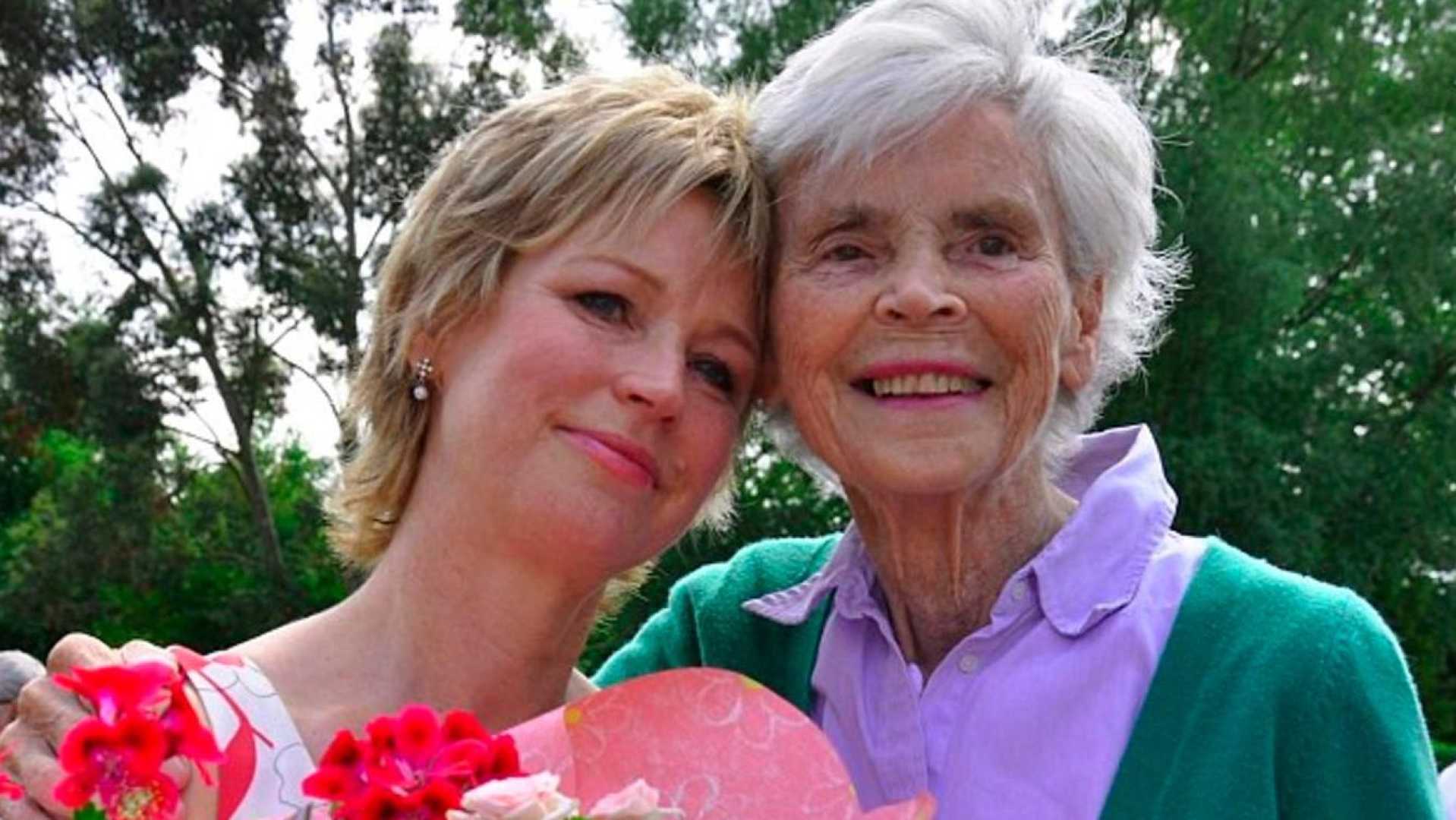Health
Sally Magnusson Joins Pioneering Alzheimer’s Trial After Mother’s Battle with Dementia

Sally Magnusson, a prominent BBC presenter, is participating in a groundbreaking Alzheimer’s trial, a decade after the death of her mother, Mamie Baird, from this debilitating brain condition. The documentary detailing her journey, “Sally Magnusson: Alzheimer’s, a Cure and Me,” is slated for broadcast on BBC Scotland.
In 2012, Sally Magnusson’s mother succumbed to Alzheimer’s, a disease that deteriorated her mental faculties over eight long years. Mamie Baird was renowned in the 1950s as a pioneering female journalist. Yet, similar to a million others in the UK, she faced a decline that stripped her of wit and personality.
The fear of Alzheimer’s afflicting the next generation haunts Magnusson, who notes that a constant worry about developing the disease hovers around her mind. This fear is shared by many who have witnessed loved ones endure dementia’s ravages. “Ever since then there has been this thing in my head going, ‘You’ll be next, Sally,’” she admitted.
Despite these fears, Magnusson is now hopeful about the potential for new treatments. She will be part of a study run by Professor Craig Ritchie at Scottish Brain Sciences in Edinburgh, which seeks to identify early indicators of Alzheimer’s in individuals with a family history of the disease. Prof. Ritchie describes the study as crucial in the effort to cure Alzheimer’s before it progresses. He emphasizes, “We can cure Alzheimer’s before it becomes dementia – just as we learned to stop HIV before it became AIDS.”
Sally Magnusson’s participation in the trial aligns with her efforts to raise awareness about dementia through her work with the charity Playlist for Life, inspired by her mother’s positive reaction to music. The trial offers a blood test to detect amyloid proteins, along with further tests like lumbar punctures and MRI scans if proteins are found.
The trial brings complex emotional challenges. Magnusson’s family is conflicted over her participation; while her sons urge her to proceed, her daughter fears that knowing could be distressing without immediate treatment options. Magnusson reflected, “The idea that my children might have to do for me what my sisters and I did willingly… that’s very hard. You never like to place hard things like that before your children.”
Despite personal dilemmas, Magnusson sees participation as a potential contribution to combating Alzheimer’s, remarking, “We are on the cusp of potentially game-changing discoveries… I can be part of the solution, part of the hopeful future.”
Professor Ritchie, who left the NHS to expedite diagnosis and treatment pathways, believes that engaging individuals before symptoms manifest is essential for the development of effective drugs. At present, newly approved treatments like lecanemab offer limited impact amid high costs and risks.
Sally Magnusson’s journey is thus both personal and pioneering, as it underscores the urgency of medical progress against Alzheimer’s and inspires others to contribute to the collective fight against dementia.












